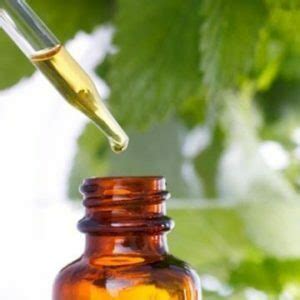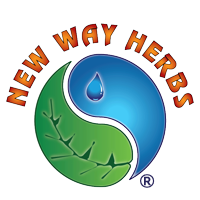There’s A Liquid Herb Tincture for That!


By: Deb Mastrianna
Herbalists, medical professionals trained in the use of herbs and knowledgeable herb consumers primarily use herbs in a liquid extract form, or a tincture. Now, why do you think that is?
We have put together some information to help you understand why tinctures are superior to other herb forms and to give you a better understanding of their properties.
Simply Perfect Solution
Tinctures give you complete control over the dosage amount. You can use one drop or the maximum dosage of an herb, based on age, body mass size and severity. This is extremely effective for children. For instance, a pediatrician or parent can give a small child a fraction of a single dose simply by placing drops of the extract in one ounce of water or juice to administer the appropriate amount. This is much easier than trying to split a tablet or capsule to attain the correct dosage.
The Sponge Affect
Liquid tincture extracts do not require digestion. They are in their purest form, so your body does not have to go through the process of extracting the healing herb properties – this has already been done for you when the tincture is processed. Tinctures are particularly beneficial to those individuals with impaired digestive function. In fact, for those with severe digestive issues, the liquid form may be the only way to effectively benefit from the healing properties of an herbal solution.
Bittersweet Realization
When a taste makes contact with a taste receptor on your tongue, neurotransmitters are released into nervous tissue fibers. This sends a signal to the medulla of the brain. Once this initial signal from the
tongue reaches the medulla, a nerve impulse is initiated which results in an increase in gastric, pancreatic, gallbladder, and liver secretion. With just a few drops under your tongue, you fortify a myriad of digestive functions.
Herb Preservation
While some plants are extracted in their fresh state, others are more potent when extracted from a dried state. Regardless of the state, liquid herbs are far superior to their counterparts in capsules and
tablets. As a general rule, liquid extracts containing alcohol have an expected shelf life of 5 years, while those containing glycerin instead of alcohol are best used within 3 years. While the shelf life of many extracts will certainly surpass these estimates, for the safe and effective use of liquid herbal extracts you should follow these guidelines. To show an example of a sharp contrast between liquid form and capsules or tablets, crude, dried Echinacea capsules lose approximately 90% of their activity in a little more than a year from their manufacture date.
Rub It In
Using a tincture topically is as simple as rubbing it on or applying it as a gauze poultice. With Other forms of herbs, like teas or powders, poultice preparation is more labor intensive and less effective than the potency of a liquid tincture poultice.
Carry It with You
Tinctures make it easy to access your herbs on the go. A small one ounce or two-ounce bottle is easy to transport wherever you go!
Learn more about the many herbal tincture solutions at New Way Herbs.
Tags: health&herb, herb, herbal, herbalist, herbs, liquid herb
Comments are closed here.